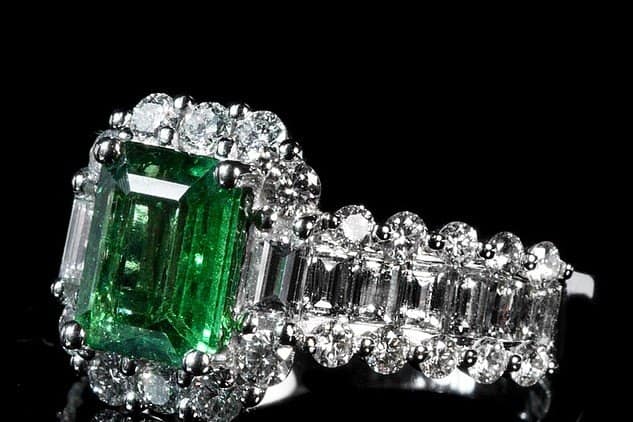Luxury brands –diamonds, champagne, and high fashion–are getting some heat…
Imagining the consumer high class market may bring to mind glamour and celebrities rather than concerns about human rights and wellness and environment. Oh yes, there have been some exceptions, but according to the 2016 Predictions for the Luxury Industry: Sustainability and Innovation, attitudes may be changing. There are actually two organizations–the Luxury Institute and Positive Luxury–that created that study. (The article’s author offers a disclosure that she serves on one of the advisory boards but was not part of the research.) The main leader of the study is Diana Verde Nieto, the founder of Positive Luxury. She makes a compelling case that sustainability and social responsibility are no longer nice-to-have for luxury brands — they are now requirements.
Some key issues. First, laws are changing and bringing along more pressure. It is now known that 71% of U.K. retailers and suppliers think it’s likely there are slaves in their supply chain. Second, social norms are changing.
Celebrities are more invested than ever in sustainability. Leonardo DiCaprio and Mark Ruffalo have produced movies and started organizations to tackle climate change and promote renewable energy. Harry Potter star Emma Watson is a vocal advocate on gender equality while also appearing regularly in fashion magazines. These names and others are lending their clout to the social and environmental agenda.
Third, this report shines a spotlight on the fact that the investment community is waking up to the value of consumer brands managing environmental and social issues well.
And finally, there’s the harsh reality of biophysical limits seriously compromising these companies’ ability to source their products. Luxury goods require digging up, growing, and processing materials throughout the value chain, and that’s all getting tougher.
When it comes to gems and minerals, Verde Nieto recognizes the energy needed for production. She says “we’re out of gold basically (almost all the gold we use is recycled), various substances and ingredients in skin care are threatening the environment, diamonds are scarce, and exotic skins are in trouble…basically — and this is the big ‘a-ha’ — some of the raw materials, crucial to the luxury industry, are under threat.”
To read the entire article on luxury brands, click on the link below.







Freedom United is interested in hearing from our community and welcomes relevant, informed comments, advice, and insights that advance the conversation around our campaigns and advocacy. We value inclusivity and respect within our community. To be approved, your comments should be civil.